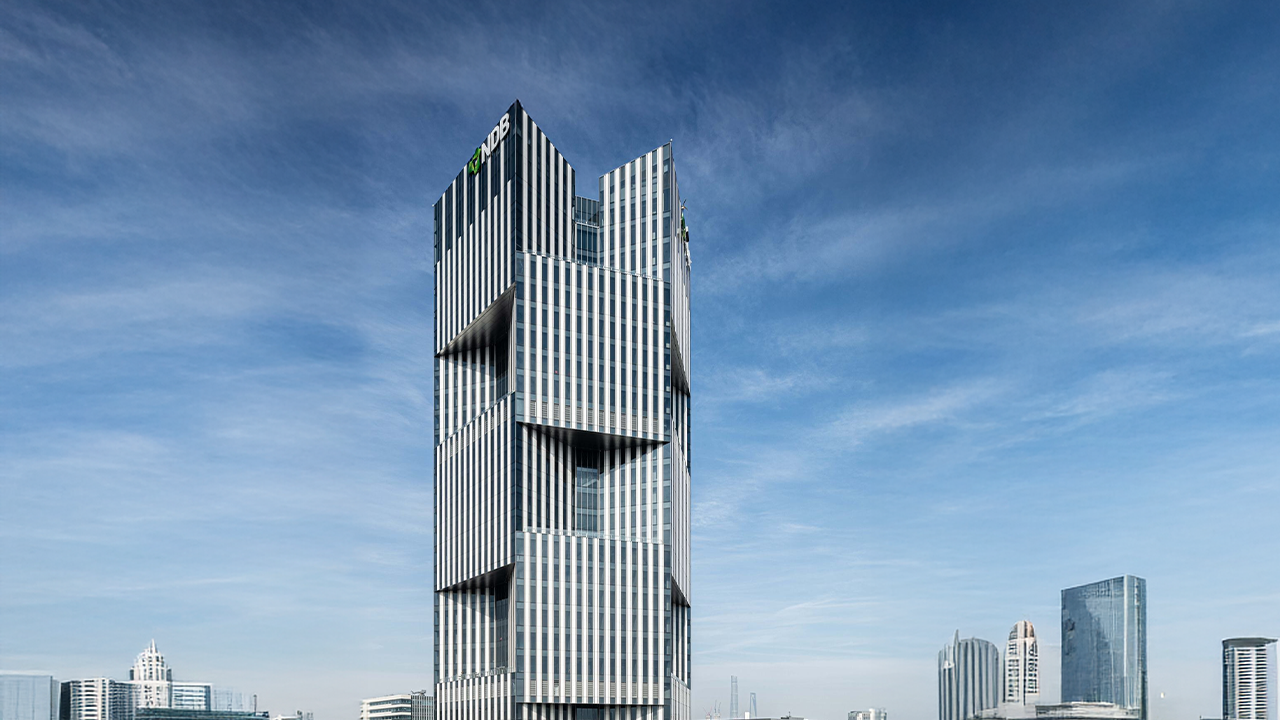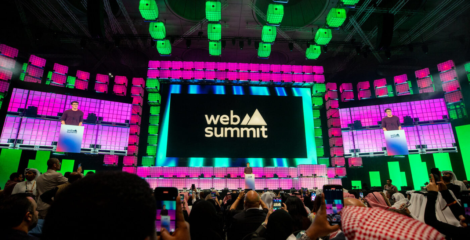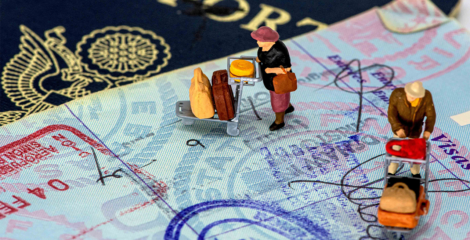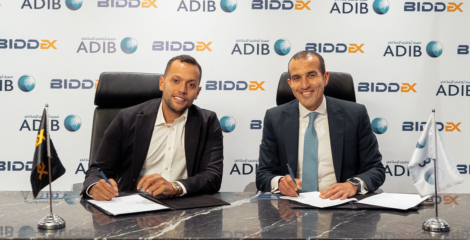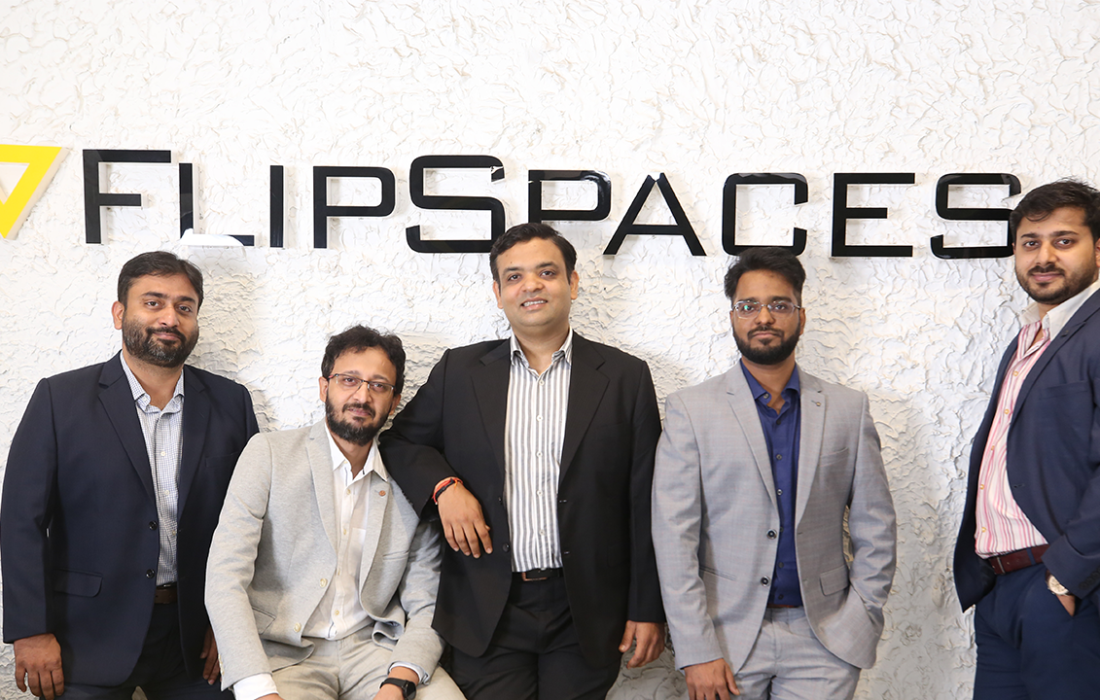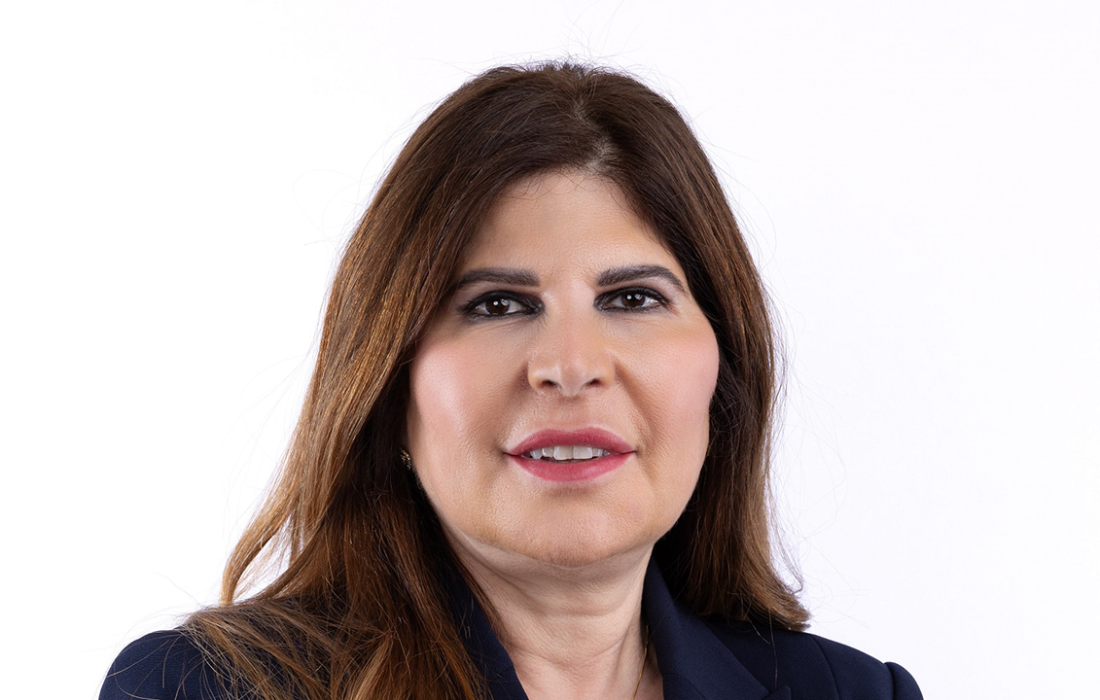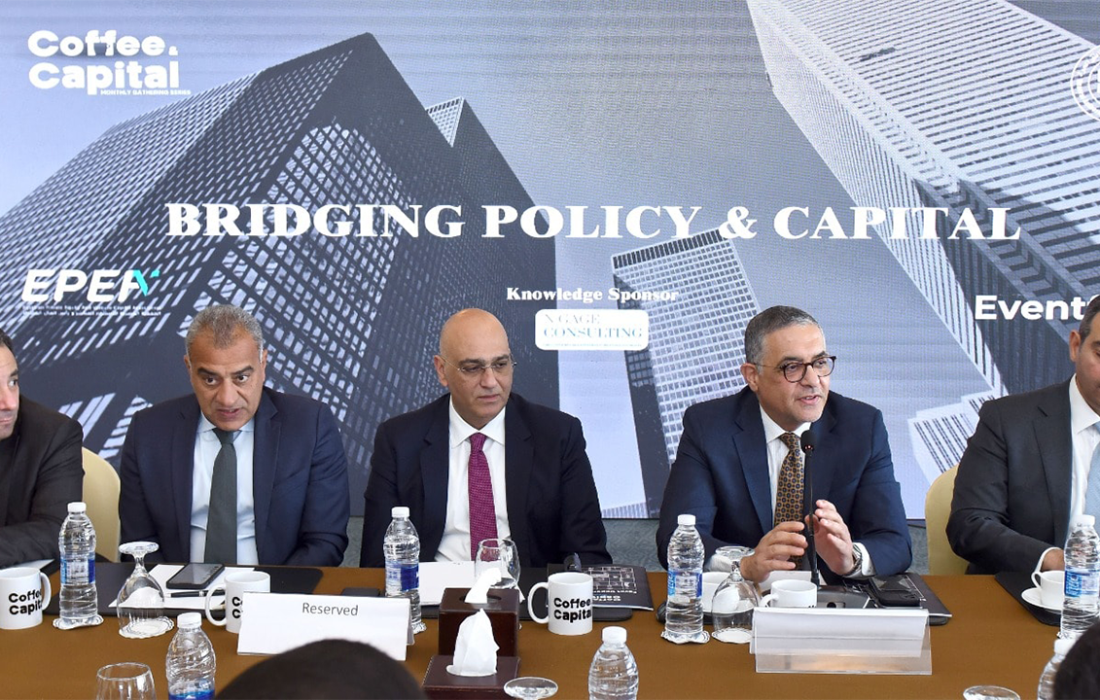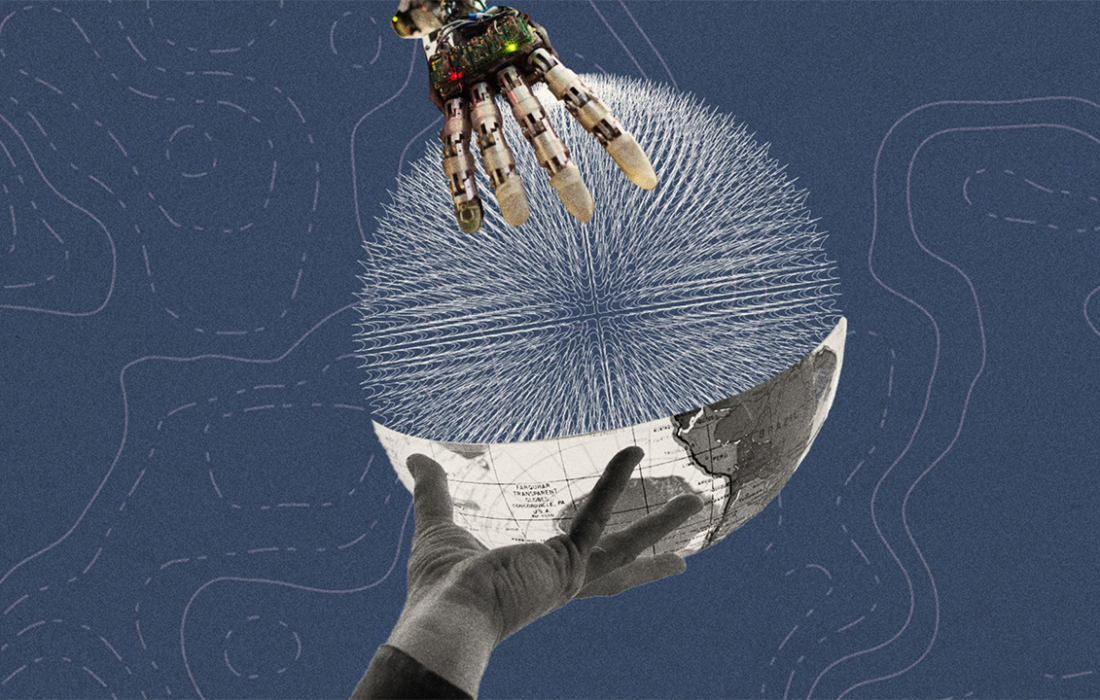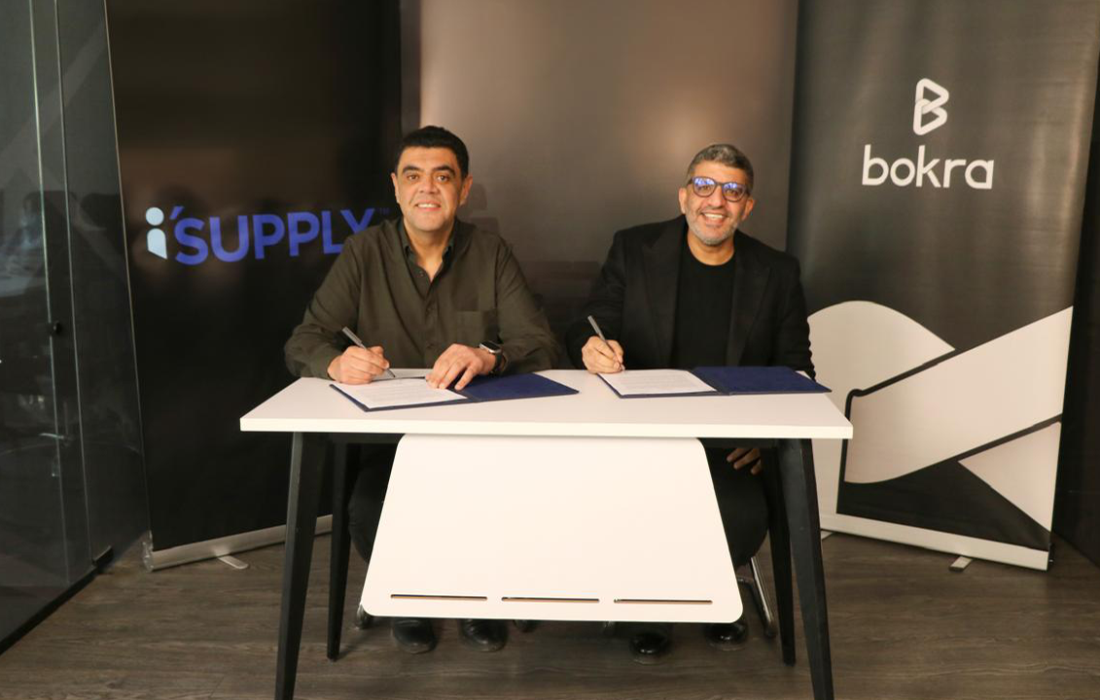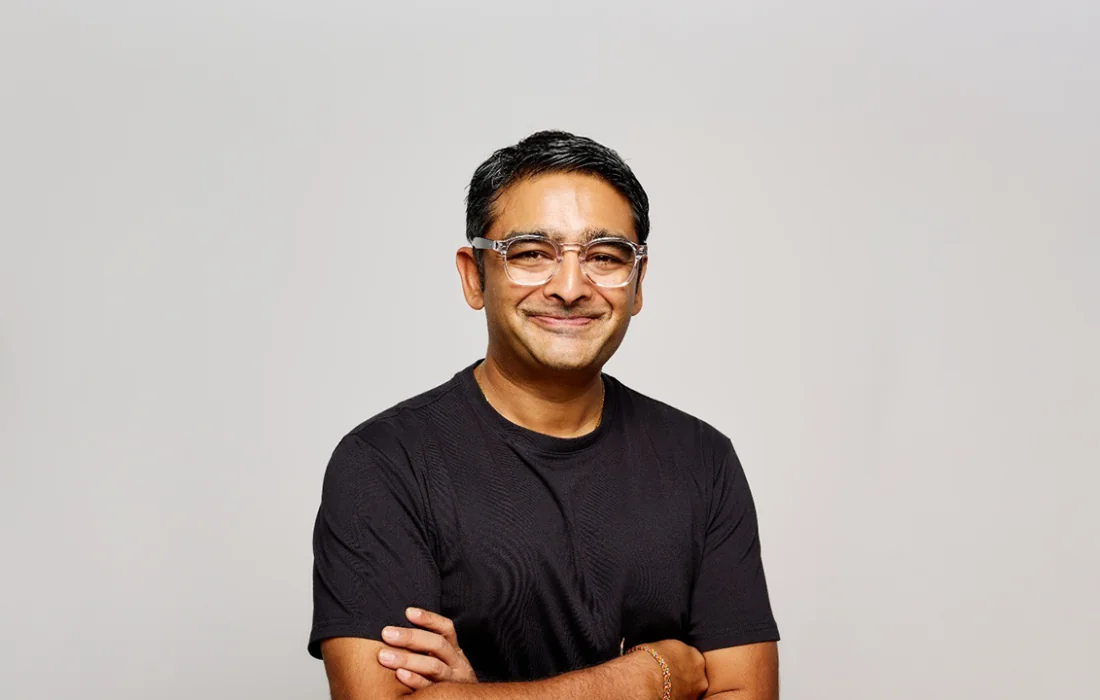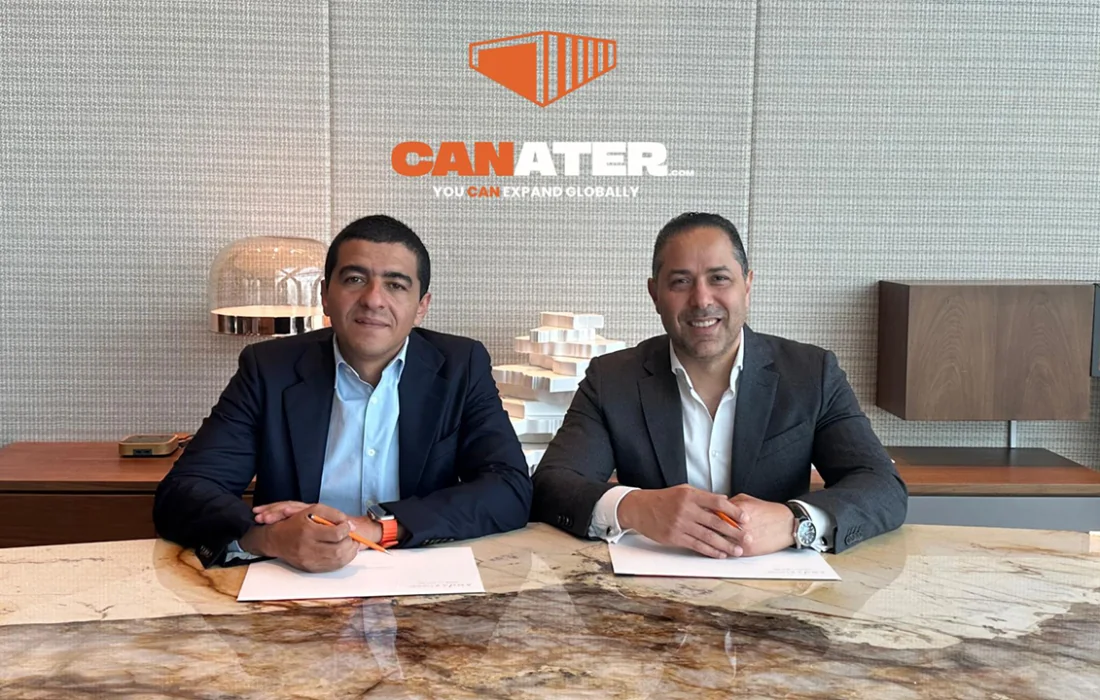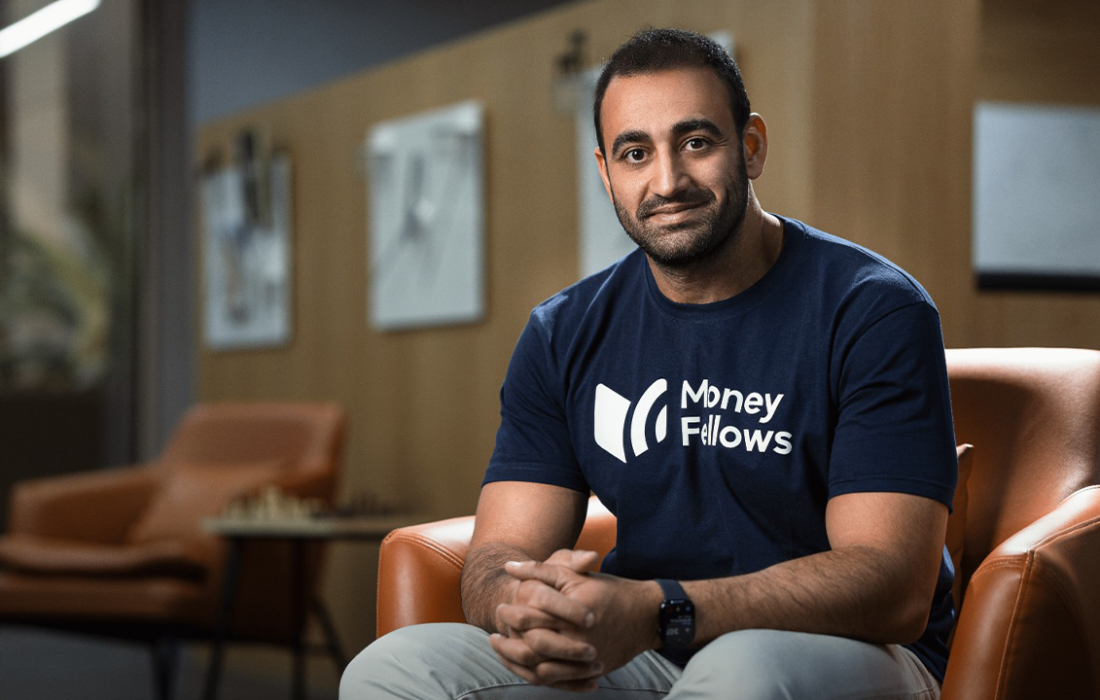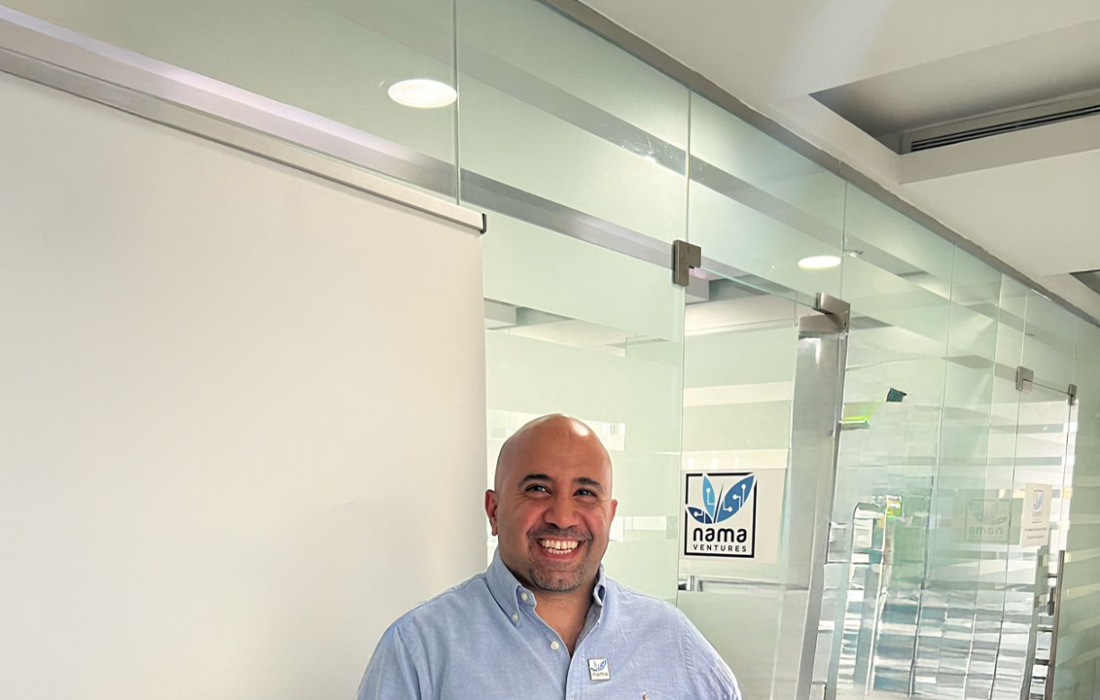- BRICS’ New Development Bank is exploring funding opportunities in Egypt, signaling closer economic ties following Egypt’s 2024 membership.
- The bank, designed as a World Bank alternative, supports sustainable development and infrastructure in emerging economies through flexible financial mechanisms.
- Talks are still early, but NDB sees strong potential for projects in Egypt, aiming to expand its regional portfolio.
BRICS
What is happening? The New Development Bank (NBD), the financial arm of the BRICS group, is considering financing projects in Egypt. This was disclosed by Anand Kumar Srivastava, Chief, Procurement, New Development Bank during an interview in a conference in Morocco.
So what is BRICS? BRICS stands for Brazil, Russia, India, China, and South Africa. It is an intergovernmental organization of emerging economies hoping that as a collective they can increase their influences on the global order.
It was established in 2009, on the premise that international institutions were dominated by Western powers. Thus, no longer serving developing countries.
However, the group did not just stop there, in the 2023 BRICS summit, it extended invitations to six newcomers, Argentina, Ethiopia, Iran, Saudi Arabia, Egypt, and the UAE. All of which were accepted except Argentina.
What about Egypt? Egypt joined BRICS in January 2024, thus solidifying its economic relations with the participating countries. In joining the collective, Egypt’s aim was to boost economic growth, diversify its economy, and reduce costs. Additionally, it aims to develop e-commerce, integrate markets, and collaborate with other BRICS countries. Most importantly, it was seeking to attract investments and open new markets for Egyptian exports.
The expansion was deemed important because the addition of Egypt and Ethiopia also meant representation from the African continent.
New Development Bank
How does the group work? The countries’ heads of state convene annually. Every year, each country takes a one-year chairmanship to set priorities and host a summit. One of its main goals is to be a united front of emerging economy perspectives in multilateral institutions. Another is to reduce reliance on the USD in order to reduce the domination of the dollar in global transactions. Additionally, it has its own financing arm called the New Development Bank (NDP)and Contingent Reserve Arrangement (CRA) to serve as an alternative to the Bretton-Woods, mainstreaming global financial system.
So is it working? The NDP and CRA are designed to serve as an alternative to the World Bank and IMF. The idea is to stimulate South-South cooperation and reduce reliance on traditional funding sources, especially in neglected areas like climate financing.
While it is much smaller in capabilities than the World Bank, making it hard to replace it, the NDP still offers many successful financial mechanisms. Furthermore, the NDB offers loans, guarantees, and other financial mechanisms to support private projects contributing to sustainable development and infrastructure. The benefit it holds is that it offers more flexibility, equality, and easier access to funds than the World Bank.
So what about this new initiative for Egypt? Srivastava discloses that discussions are still in the early stage but that the NDP sees potential in supporting Egypt’s economy and infrastructure development.
To date, the NDP has approved around USD 39 billion across 12 projects in member countries. Srivastava adds that once suitable projects are identified and financing agreements signed, the bank aims to grow its Egyptian portfolio in the coming years.
If you see something out of place or would like to contribute to this story, check out our Ethics and Policy section.
